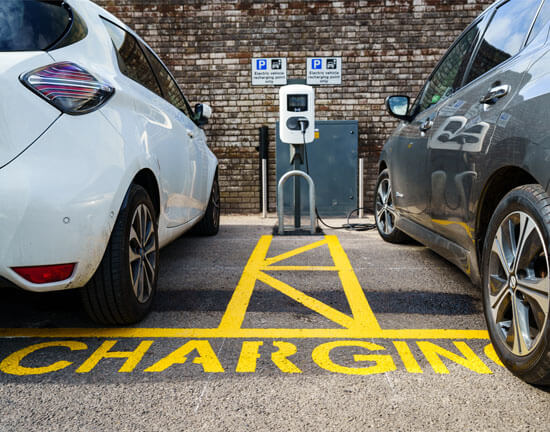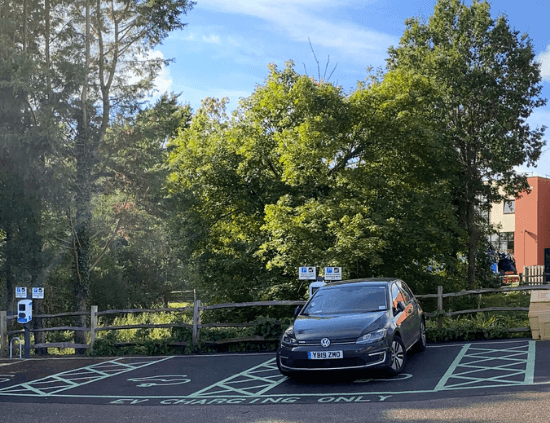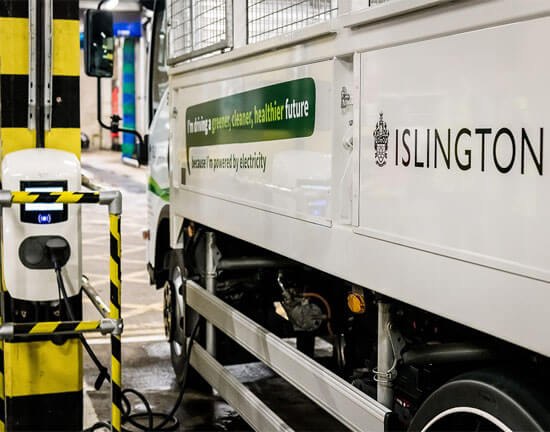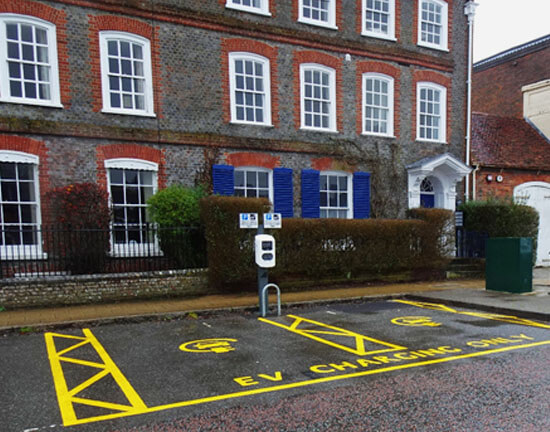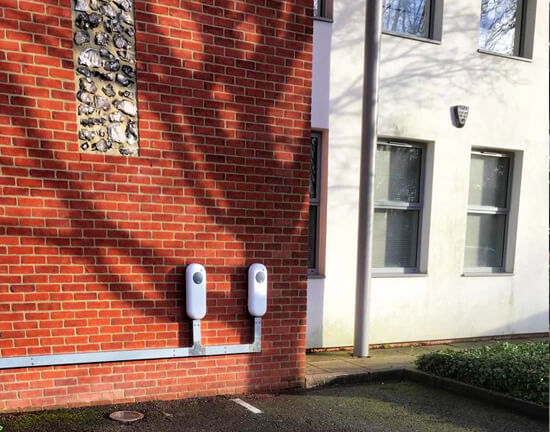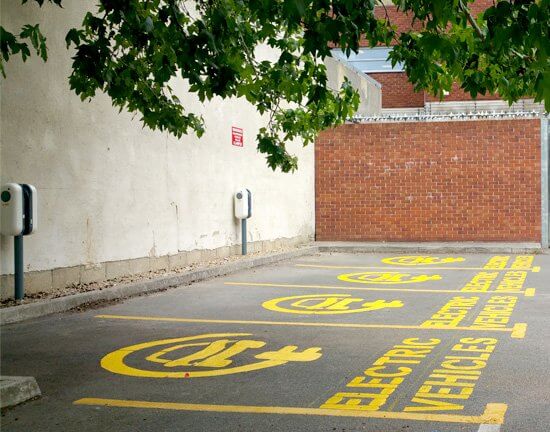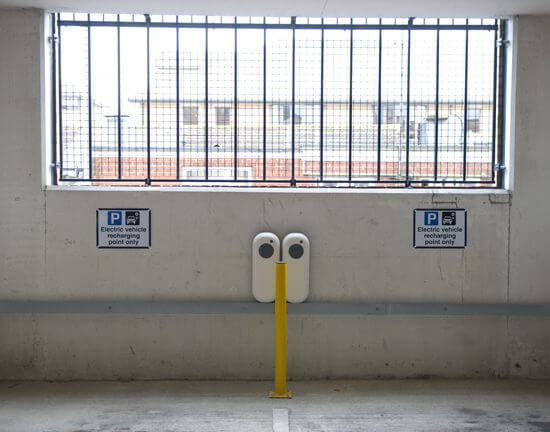The Local Electric Vehicle Infrastructure Fund is the Government’s flagship EV Infrastructure support policy

LEVI Funding
What is the Local Electric Vehicle Infrastructure Fund?
The Local Electric Vehicle Infrastructure Fund (LEVI) is a central government fund aimed at local authorities to support the deployment of EV charging infrastructure.
It has two aims:
- To deliver a step change in the deployment of local, primarily lower power on-street charging infrastructure across England
- Accelerate the commercialisation of and investment in the local charging infrastructure.
Dedicated funds for on-street charging
£343m over 2 years
Mix with 3rd party finance
Funding for innovative projects
What are the key points of the LEVI fund?
A total of £343 million of capital finding has been made available over financial years 23/24 and 24/25, and local authorities can apply for funding in either of these years, called Tranche 1 and Tranche 2.
New EV chargers should primarily target the 40% of residents nationwide without off-street charging – typically more urban areas. The majority of charge points are expected to be low-powered units <22kW. However, higher-powered chargers may be included as part of a portfolio and will be considered as part of a project.
What charge points can be funded under the LEVI scheme?
The majority of charge points must benefit drivers without a driveway and is likely to include on-street charging units. However, more centralised options can also be funded, such as car parks serving nearby residents or car clubs.
A minority of charge points can support commercial drivers where no EV chargers are available at the business location, and private hire vehicles and taxis.
Charge points for home charging on driveways, workplaces, rapid charging at motorway service stations, or for buses, blue light vehicles or heavy goods vehicles are not considered.
Building a portfolio
LEVI funding is intended to subsidise many low-power, distributed charge points that are less commercially viable.
However, most private funders want to run concessions targeting the most profitable sites.
It will therefore be necessary to build a portfolio that uses a mix of LEVI and private funding to support a portfolio of slow, fast and rapid chargers. Under a portfolio approach, the more commercially viable sites will cross-subsidise those sites with poorer economics that are the focus of the LEVI scheme.
Dorset Council
Dorset Council are using 3rd party funding and LEVI funds to cross-subsidise less economic sites
How Joju Charging can help with LEVI Funding
Joju Charging is service-led – meaning we are experts in the feasibility, design, delivery and ongoing maintenance of EV charging infrastructure. We’re not tied to any particular products and can therefore cover the whole range of charging types – lampposts and on-street, fast chargers and rapids. That’s ideal for developing a portfolio approach.
We also have our own fully funded charge point offering, so can bring the third-party finance needed for LEVI in one package.
We also offer a full service of feasibility studies to help you understand the technical possibilities, costs and paybacks of different chargers at different locations. That way, we can help you refine your programmes from an initial brief to a final deliverable portfolio.








